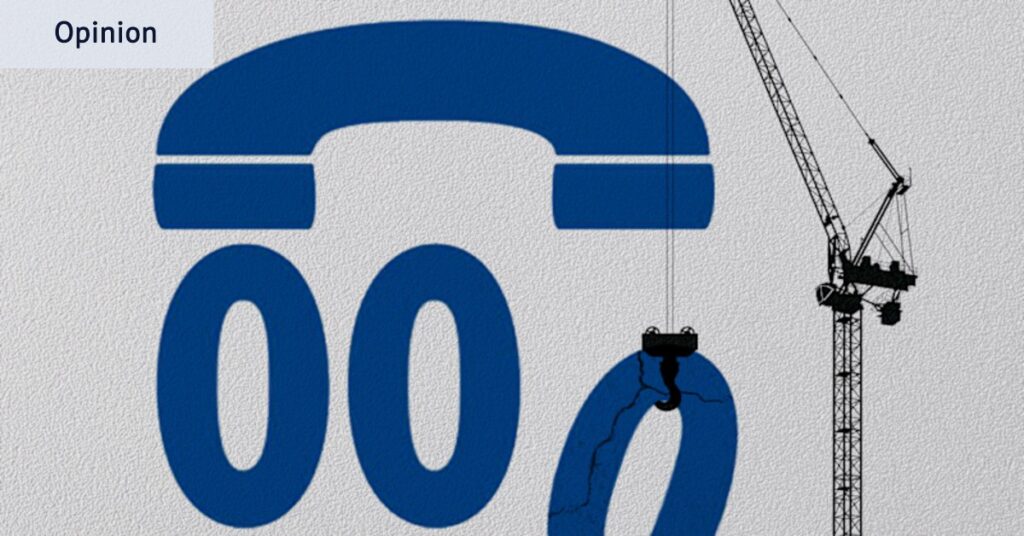
Ask someone chosen at random if they think Triple Zero is a government service, and they’d almost certainly say they do. Only those who have had reason to think about it would probably know that it’s private, provided by the suite of telecommunication companies we use every day. This misunderstanding highlights two critical points: the extent to which we have entrusted essential services to the private sector, and the inherent belief that such vital services must be government-run.
This brings us to the recent Senate inquiry into the September Triple Zero outage, where Optus faced significant scrutiny. The inquiry revealed Optus’ failures, its delayed communication with the federal government, and the potential life-threatening consequences of these failures. The pressure on Optus is justified, with increasing calls for the government to reconsider Optus’ contracts or even its telecommunications license.
The Optus Outage: A Case Study in Systemic Failure
Optus’ September failures were comprehensive, occurring at every level. The outage was triggered by a “routine upgrade” gone wrong, attributed to human error between engineers in Australia and India. Optus failed to detect the issue because no one performed the routine step of manually dialing Triple Zero during the upgrade. Consequently, the usual alarms didn’t sound. When customers alerted Optus to the failure, offshore call centers failed to escalate the issue promptly, delaying the CEO’s awareness by approximately 15 hours.
Upon notifying the communications minister, Optus underreported the number of failed Triple Zero calls and incorrectly stated the issue was resolved. It took seven hours after realizing the outage affected hundreds of calls, during which people died, to inform the government. This is particularly concerning for a communications company.
Systemic Issues in Emergency Services
The lesson from Optus’ failure is not just its comprehensiveness but the potential for things to go wrong in our hyper-technological age. Our critical infrastructure relies on complex systems prone to periodic failures. Stories of system blackouts or data breaches in internet providers or banks are common, yet we assume services like Triple Zero are immune.
However, warnings have been present. Optus experienced a similar Triple Zero outage in 2023, affecting over 2000 calls. Telstra also had a 90-minute outage last year, impacting hundreds of calls. Investigations revealed 473 breaches of rules, with Telstra fined $3 million for failing to update backup phone data. More recently, Optus apologized for a disruption affecting Triple Zero access in Victoria and NSW. These incidents indicate that while Optus may be a frequent offender, it is not alone, and similar events will likely occur again.
Government Response and Future Directions
Following Optus’ 2023 outage, the government commissioned a review of the Triple Zero system, revealing its complexity and multiple potential failure points. The review recommended establishing a “Triple Zero custodian” to monitor the system’s performance. Although the government accepted this recommendation over 18 months ago, legislation to establish the custodian was only introduced last month, coinciding with the latest Optus incident. The delay in implementation remains unexplained.
The opposition has criticized the government’s inaction and Optus’ failures but shows less enthusiasm for the custodian role, viewing it as excessive regulation. A privatized Triple Zero demands companies invest heavily in a non-profitable network, prioritizing reliability over efficiency. This situation presents two options: impose severe penalties to deter failures or empower the state to ensure system integrity as recommended by its review.
The first option, while satisfying, risks obscuring the necessity of the second. As the government moves forward, balancing regulation and private sector involvement will be crucial in maintaining the reliability of Triple Zero, a service upon which lives depend.







